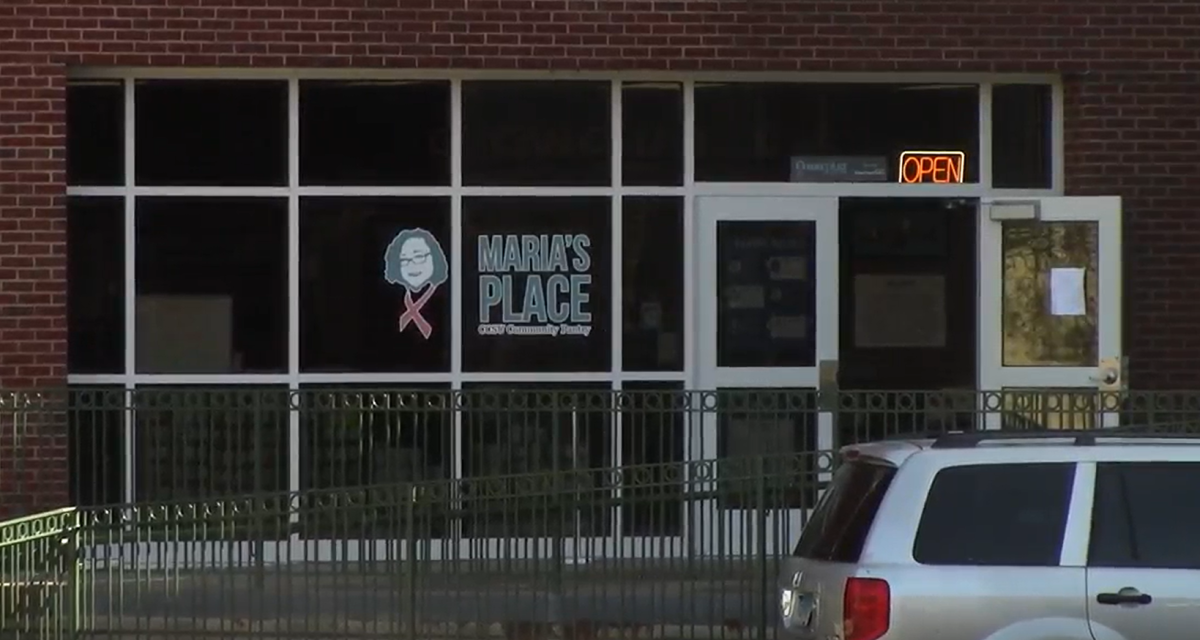By Matt Clyburn
As a movement to repeal Connecticut’s “Blue Laws” becomes less likely by the day, Georgia Gov. Nathan Deal has signed a bill that will allow local communities to vote on whether to approve Sunday sales in that state.
If the measures pass, Connecticut and Indiana will be the only states in the U.S. with statewide bans like the one Georgia is getting rid of.
A bill sponsored by Enfield Democrat Rep. Kathy Tallarita failed earlier this year in an attempt to rescind the laws that currently prohibit the retail sale of alcohol on Sundays. Many attribute this year’s unsuccessful attempt to a General Assembly focused on passing Governor Dannel Malloy’s budget package in time for implementation on July 1.
Tallarita hoped the repeal would defeat a movement at the State Capitol to raise the alcohol tax.
“I can’t believe that the General Assembly and the governor are willing to levy an additional tax on alcoholic beverages in the state of Connecticut when we have an avenue that will generate revenue without raising a tax,” Tallarita said last month. “Raising the tax was the first option and not the latter.”
Georgia’s movement to scrap a law similar to Connecticut’s has also struggled for many years in their legislature due to political pressure from religious groups and a former governor that left office in January.
In a survey conducted by Quinnipiac University in March, 66 percent of registered Connecticut voters said they backed the legislation proposed by Tallarita at the beginning of the year. Poll director Dr. Douglas Schwartz said that the results mark the highest-ever public support for Sunday alcohol sales.
The survey, conducted via telephone queried 1,693 voters during the first week of March, also found that only 43 percent of voters would support a measure allowing grocery stores to sell “hard” liquor and wine.
According to a 2009 report by the Program Review and Investigations Committee, the state loses between $7 and $8 million in revenue annually to the laws that have remained in effect for more than three centuries.
Despite the public support and a promise from Malloy to sign repeal legislation, the Connecticut Package Stores Association (CPSA) says that giving liquor stores the option to open an extra day would hurt small package stores competing with larger grocery chains.
The CPSA estimates that if the law is passed, Connecticut could lose more than 300 liquor stores and 500 jobs.
“If someone wants to open their business, they should have the right to do that like every other business in the state of Connecticut,” Tallarita said. “We’re not trying to pass a mandate, we’re trying to make this as inclusive and as fair as possible. This is the only industry where we tell them they can’t be open on a certain day of the week.”
The End Connecticut Blue Laws Coalition, a grassroots organization funded by the Connecticut Food Association, agrees. In a January statement, the coalition said that the “Sunday sale of beer, wine, and spirits at neighborhood grocery and package stores will increase convenience for consumers, prevent loss of business to neighboring states and generate up to $8 million in new revenue for the state.”
The organization cites an internal study indicating that more than 73 percent of Connecticut residents have made a trip across the border to buy alcohol on Sundays.
The ongoing battle to end the Sunday liquor sale ban, waged by various legislators over several years, will likely continue until legislation is finalized this year. Tallarita and other supporters of the movement have said that they will continue attempting to attach repeal legislation to other bills for passage by a June 8 deadline.
If supporters are successful, the repeal bill could go into effect as early as July 1 for the beginning of the state’s fiscal year.



